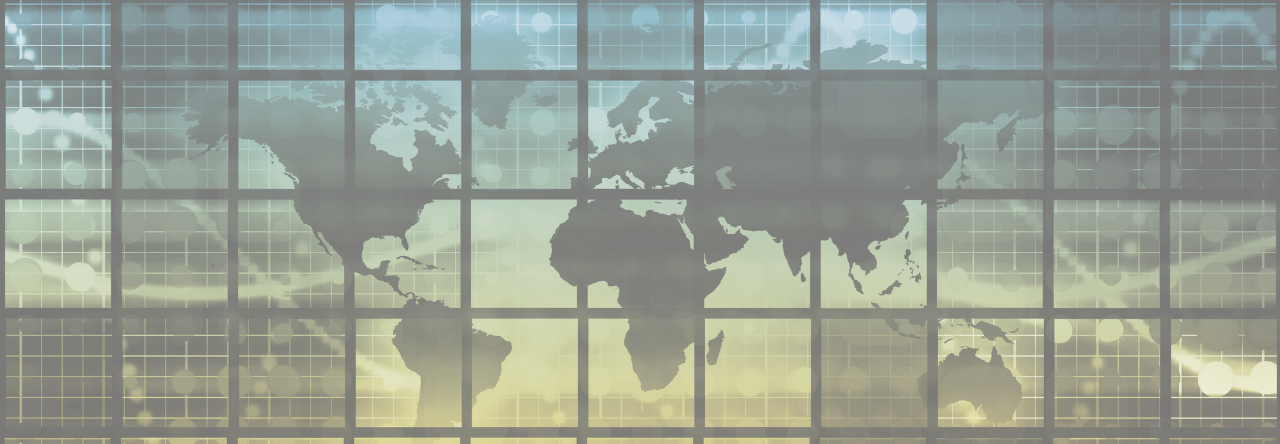This article is the English version of : Joao Augusto de Castro Neves and Bruno Reis, « Brésil : plus dure sera la chute », published in Politique étrangère, Vol. 81, Issue 3, 2016.

Brazil is experiencing one of the worst political and economic crises in its recent history – and certainly the worst since the return of democracy in the mid-1980s. Darling of the new global economic order for much of the last decade, Brazil has fallen off the pedestal of punditry in the past few years. Broadly speaking, this bout of pessimism is partly due to the recurrent habit among international relations pundits and market commentators of viewing the world in terms of an inexorable – and even faster – power transition among major powers (or major markets). Until recently the BRICS were construed as the building block of a new global order and a good place to put your money. Now, following the ebb and flow of the financial markets, it appears it is time for other acronyms to have their fifteen minutes in the spotlight.
On the economic side, Brazil is facing the deepest recession in many decades (the country’s GDP has decreased nearly 10% in the last four years), a sky-rocketing unemployment rate and a significant fiscal deficit, among other macroeconomic imbalances. From a political perspective, the country is dealing with a presidential impeachment process, a massive corruption scandal reaching the entire political class, and recently faced an unexpected wave of protests on the streets of Brazil’s largest cities, with millions of citizens decrying the unresponsive – and occasionally irresponsible – political class.
Those events have led the political system to a state of near-paralysis, and emphasize the political class’ incapacity to respond effectively to the many challenges that the country currently faces.
Paradoxically, and therefore making this scenario even more challenging, just a few years ago Brazil was experiencing one of its most “dynamic” periods of its history – a “Chinese” rate of GDP growth (7.5% in 2007); massive social development with millions of citizens rising from poverty and joining the consumer market; and the most popular president in the country’s history (former President Luis Inacio “Lula” da Silva reached a 73% approval rating in 2010).
So, what happened to Brazil? What went wrong and how and why has the country’s political and economic situation deteriorated so quickly? Where is Brazil heading? Beneath the ever-changing and tenuous layers of tea leaves used to foretell geostrategic scenarios or suggest promising investment opportunities lies a much more complex story of a country that has had its share of boom-and-bust cycles. Whether Brazil is undergoing yet another one this time around demands a more insightful examination of recent political and economic events. Uncovering some of the factors behind these events may allow us to have a clearer view of the country’s trajectory. To try answering these questions, we will contextualize what is happening in Brazil within a broader scenario, in what we call the rise and fall of Latin America’s political supercycle.
The end of the commodities boom
Some of Brazil’s recent woes – and slightly less recent successes – are not unique to the country. Such issues stem from a broader economic and political process that affected many natural-resource-rich nations in the so-called emerging world, particularly in Latin America, in the last decade or so. […]
Read the rest of the article here.
>>> More articles of Politique étrangère are available for reading
on Cairn International <<<


Vous devez être connecté pour poster un commentaire.